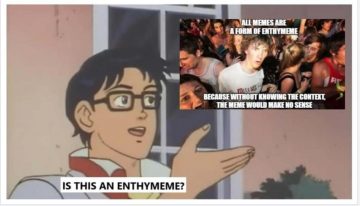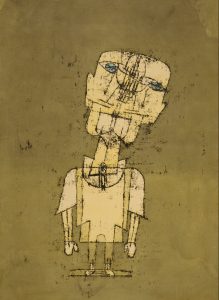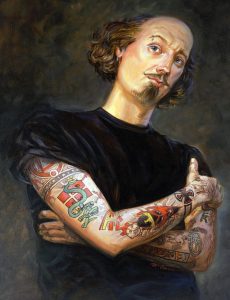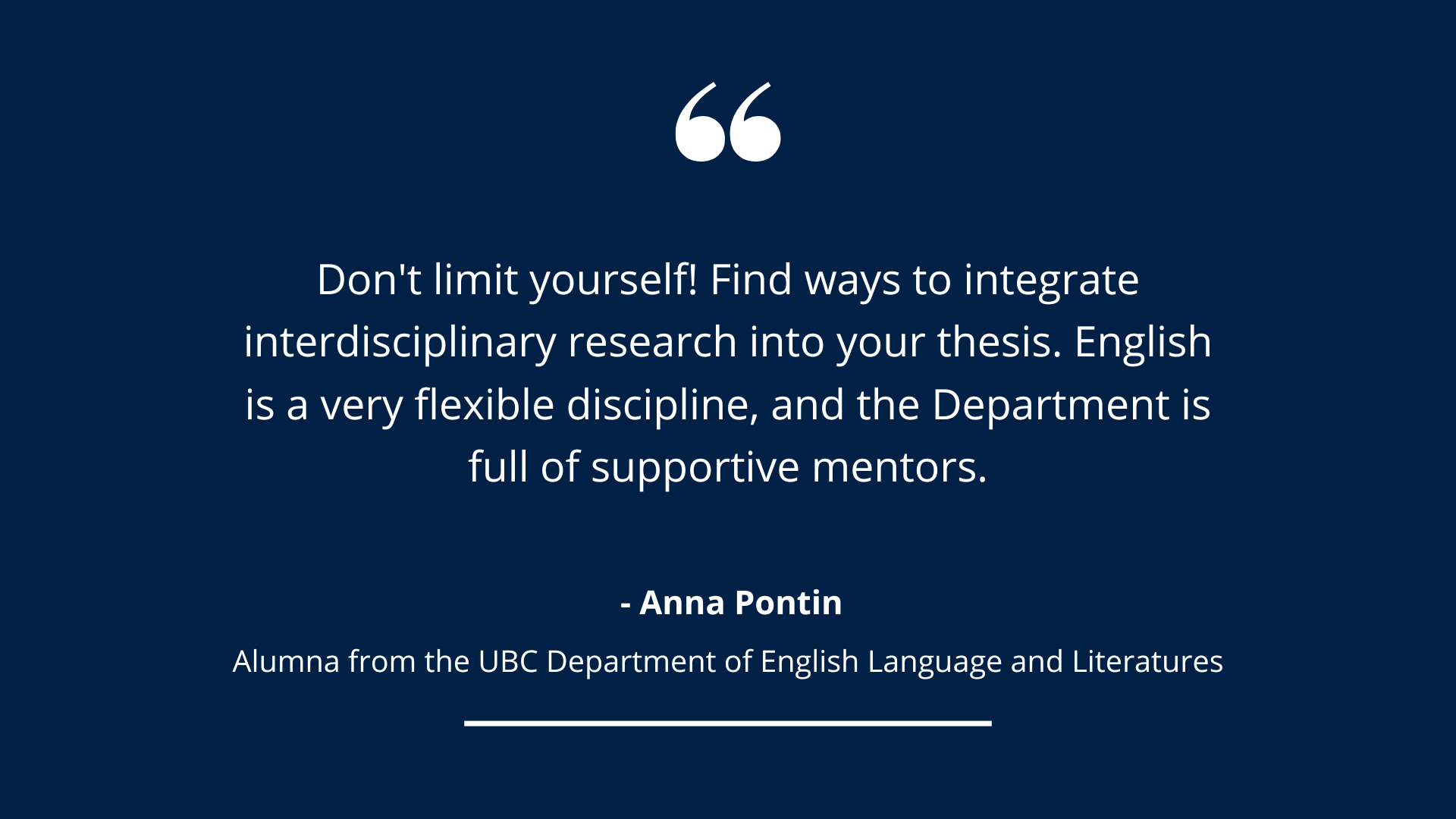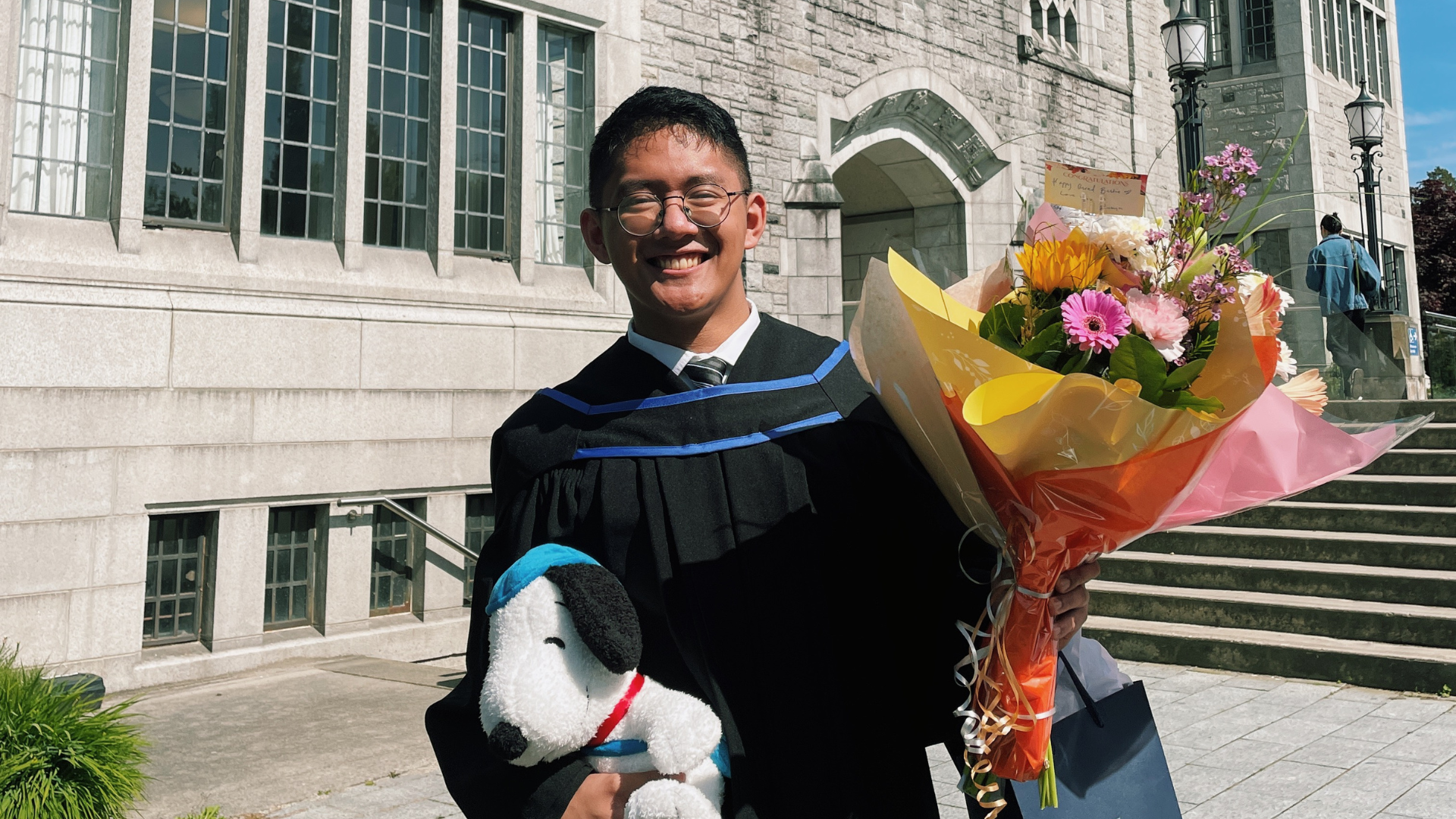The UBC Department of English Language and Literatures (EL&L) offers a wide range of courses on literary texts from diverse perspectives, genres, and time periods.
We spoke with instructors from the department to learn about the courses they’re teaching, why they’re excited to teach these courses, and what students can expect from the course work.
Read on to find out how EL&L faculty are incorporating innovative new texts into their curriculum, while breathing new life into canonical staples.
See a full listing of English Language and Literatures courses for 2021/2022.
ENGL 386 Theory, Critique, Intervention and Dissent: Racial Capitalism in the Flesh


“You can’t have capitalism without racism,” originally sourced from Peter James Hudson on “The African Origins of Racial Capitalism.”
Instructor: Dr. Kimberly Bain
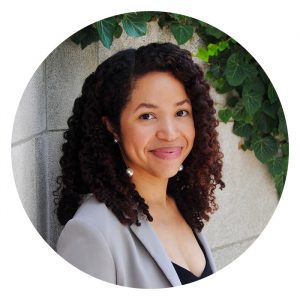

Why did you choose this image to represent the course?
Malcolm X said it best.
What are you most excited to teach in this course?
We’ll be diving into a range of texts—social, sonic, visual, literary, and so forth—to take up the question of how racial capitalism shapes our everyday lives. No week will be the same!
What course work can students expect from this course?
Students will be completing a weekly reflection journal on an everyday object in their life, tracing its production and circulation across various themes—from labour, to material matter, to aesthetics. These weekly reflections will then be used to produce a portfolio for the class as the final assignment.
Click here to register for ENGL 386.
ENGL 241 Cancel Shakespeare
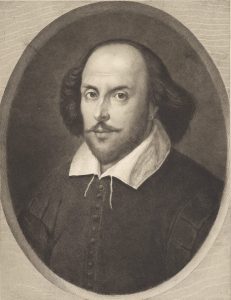

19th Century illustration of William Shakespeare.
Instructor: Dr. Dennis Britton


Why did you choose this image to represent the course?
Shakespeare looks rather smug in this 19th century English illustration—his status as the greatest English writer was hardly challenged at that time. He might look a lot less smug today, as many now question Shakespeare’s status as a “great” writer.
What are you most excited to teach in this course?
Shakespeare wrote his plays 400 years ago, and the values expressed in his plays reflect the time, place, and people for which he wrote. I’m excited to have some vigorous conversations about whether or not Shakespeare is relevant in the 21st century.
What course work can students expect from this course?
Students can expect to do a lot of close, careful reading of a number of plays, and to search the internet and social media for contemporary opinions about Shakespeare. Students can also expect exams and a combination of formal and informal writing assignments.
Click here to register for ENGL 241.
ENGL 346 Chaucer’s Canterbury Tales: A World of Words and a Sea of Stories
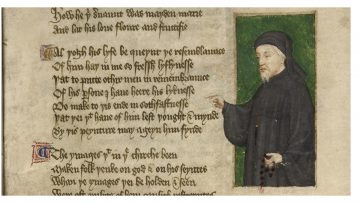

Portrait of Chaucer by Thomas Hoccleve in the Regiment of Princes, 1412.
Instructor: Dr. Stephen Partridge


Why did you choose this image to represent the course?
The Canterbury Tales operates on at least two levels. The more obvious level is that of the pilgrims’ competition to tell the best tale, but behind them all, of course, is Chaucer the author, who occasionally reminds us of his presence in a rather postmodern way.
What are you most excited to teach in this course?
I enjoy teaching how to read aloud and understand Chaucer’s language, and seeing students perceive their progress with these skills. I also like to teach through open discussion that reflects the format of the Canterbury Tales, in which pilgrims take turns offering sharply different perspectives on many shared themes.
What course work can students expect from this course?
There will be two translation quizzes, and students will prepare two passages for reading aloud in class. Students have the choice of writing three short papers on set topics throughout the term, or writing a term paper on a topic they choose. There will be a final exam.
Click here to register for ENGL 346.
ENGL 311 The History and Theory of Rhetoric: The Later Theory
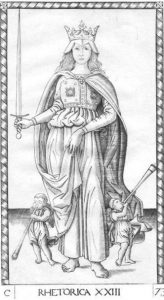

Rhetorica, the 23rd card in the Tarocchi Cards of mantegna.
Instructor: Dr. Ian Hill


Why did you choose this image to represent the course?
Rhetorica symbolizes the power and force of rhetoric that students can use for themselves once they learn the theories behind it.
What are you most excited to teach in this course?
I’m most excited to teach students about how theories of persuasion and influence that emerged from particular contexts can offer insights into how one conducts affairs in 21st century Vancouver. For example, we’ll be studying Enlightenment-era scientific discourse in London and feudal Japanese samurai culture.
What course work can students expect from this course?
Students can expect to complete short response papers that ask them to apply historical rhetorical theories to their everyday interactions at home, work, school, and beyond.
Click here to register to ENGL 311.
ENGL 353 Eighteenth-Century Literature: Science Fiction in the (Very!) Long Eighteenth-Century
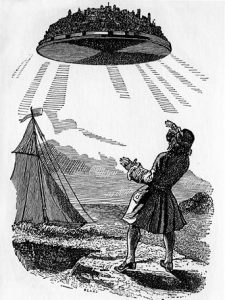

Illustration by J. J. Granville from a 19th century copy of Gulliver’s Travels.
Instructor: Dr. Alexander Dick


Why did you choose this image to represent the course?
I chose this image from a 19th century edition of Gulliver’s Travels because it represents the shock of the new and modern in this period, not only for Europeans but also for those they colonized. Additionally, the floating city is a precursor to similar motifs in films such as The Empire Strikes Back (1981) and Avengers: Age of Ultron (2015), and represents the lasting influence of eighteenth-century science fiction.
What are you most excited to teach in this course?
I’m looking forward to conversations with students about how the tropes and concerns of early science fiction persist in contemporary sci-fi genres and media. At the same time, I hope we can also de-familiarize some of these images and themes by looking at the early history of sci-fi.
What course work can students expect from this course?
Students can expect to read mostly short literary texts from a variety of writers, along with some longer works. They will also be reading early scientific writing of the period from the likes of Isaac Newton, as well as recent criticism. Students are invited to bring their own interests and knowledge to the course by writing an essay in which they compare an early science fiction work to a more recent book or film that deals with similar themes and topics.
Click here to register for ENGL 353.
ENGL 326 The Language of the Media
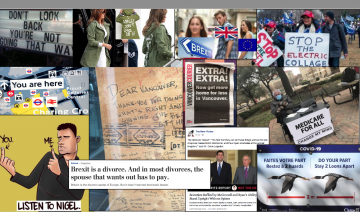

Examples of images in media. Collage by Barbara Dancygier.
Instructor: Dr. Barbara Dancygier


Why did you choose this image to represent the course?
I put together a collage that represents a variety of examples of the use of images in media, including social media. Such images show our dependence on images in receiving and understanding contemporary forms of communication.
What are you most excited to teach in this course?
I’m excited to show students how we receive information today by engaging various visual forms, and how low-brow media and social media support our understanding of contemporary events. I also want to address the role of humour and sarcasm in communication today.
What course work can students expect from this course?
Students will engage with examples provided by the instructor and by the students themselves, both in class and via Canvas Discussions and Annotation tools. Students will be evaluated based on their participation, homework assignments, and a final analysis of the data of their choice.
Click here to register for ENGL 326.
ENGL 307 Studies in Rhetoric: Memes and the Art of Brevity
Instructor: Dr. Ian Hill


Why did you choose this image to represent the course?
The “is this an enthymeme?” meme represents well what students will encounter in this course, both with respect to breaking down memes and other short-form genres into their components in order to analyze brevity, and in terms of the type of work that students will complete in the course.
What are you most excited to teach in this course?
I’m most excited to see what memes, tweets, and other short-form genres students find the most vital as the fall semester progresses. I’m also excited to help students understand why they are influential, relatable, or persuasive beyond just being whimsical and humorous.
What course work can students expect from this course?
For their assignments, students should expect to create memes and write aphorisms, as well as completing some short analysis papers (concision is key!). The goal will be for students to work on compressing the most amount of contents into the least amount of space.
Click here to register for ENGL 307.
ENGL 333 Flaps and Foldouts: A Movable History of the Book


Elements of Geometrie by Euclid, published in 1570.
Instructor: Dr. Richard Cavell



Why did you choose this image to represent the course?
Pop up books aren’t just for kids. This one dates from 1570 and is the first printing of Euclid’s Elements.
What are you most excited to teach in this course?
Books have been trying to move ever since they were bound. This course offers a history of the movable book that takes us from Mayan accordion books, to the use of flaps in 18th century landscape manuals, to Chantal Gibson’s book objects, and to Muybridge’s studies in cinematic motion.
What course work can students expect from this course?
Students can expect short quizzes and an end-of-term project in which they describe the role of flaps and foldouts in a book not discussed in class.
Click here to register for ENGL 333.
ENGL 365 99C Modernist Literature (Distance Education)
This course is offered asynchronously online. The workload is comparable to any other 3-credit course, and is particularly well-suited to future secondary English teachers as well students working toward professional, continuing, and lifelong education credits.
Instructor: Dr. Judith Paltin


Why did you choose this image to represent the course?
This image represents the ways modernists, such as painter Paul Klee, played with their reputations for genius, for being avant-garde, outré, and unconventional.
What are you most excited to teach in this course?
Some descriptions of modernism offer bloodless abstractions about formal experimentation, academic disruption, and reaction against conventional morality. In contrast, this course highlights the wildly passionate commitment of moderns to changing the world, to finding new sensations and affects, to overcoming historical evils and biases, and to appreciating with sincere admiration other arts, cultures, languages, and places.
What course work can students expect from this course?
Students can expect to read poetry, short fiction, and drama from famous and infamous writers such as Stein, Yeats, Rhys, Woolf, Joyce, Eliot, Conrad, and others. Students can also expect lecture pages and online discussions, social and ice breaking activities, a curated exhibit project, a research essay, and a final exam.
Click here to register for ENGL 365 99C.
ENGL 322 99C Stylistics (Distance Education)


Ted Hughes’s poem, “To Paint a Water Lily”, makes a key appearance in ENGL 322.
This course is offered asynchronously online. The workload is comparable to any other 3-credit course.
Instructor: Dr. Ina Biermann


Why did you choose this image to represent the course?
There is a course assignment in which students are asked to replicate a well-known published stylistic analysis of “To Paint a Water Lily”, in which the life cycle of the dragonfly plays a crucial part. The course is about reading the language of a literature carefully to find out what is really said. We often need to look below the surface.
What are you most excited to teach in this course?
Literary texts use language in special ways. This course teaches techniques for reading and studying literature properly by attending to a selection of specific communication strategies in poems, narratives and dramatic texts.
What course work can students expect from this course?
Could I please change this to:
Students can expect two collaborative assignments on stylistically analyzing a poem and an extract from a drama, and an individual term paper on analyzing a short story of their own choice. There will also be individually graded exercises and a final online open-book assessment. This course offers high flexibility and availability for virtual office hour appointments.
Click here to register for ENGL 322 99C.
ENGL 348 Mediatic Shakespeare
Instructor: Dr. Richard Cavell



Why did you choose this image to represent the course?
Shakespeare’s contemporary look in this image reminds us that he was living through a huge media shift, just like we are today.
What are you most excited to teach in this course?
Shakespeare’s work emerges during a shift from a largely oral culture to one in which literacy was increasingly dominant. What excites me about the course is the opportunity to teach the plays through the unique framework of media studies.
What course work can students expect from this course?
Students can expect short quizzes and a group project that focuses on an aspect of Shakespeare’s media culture.
